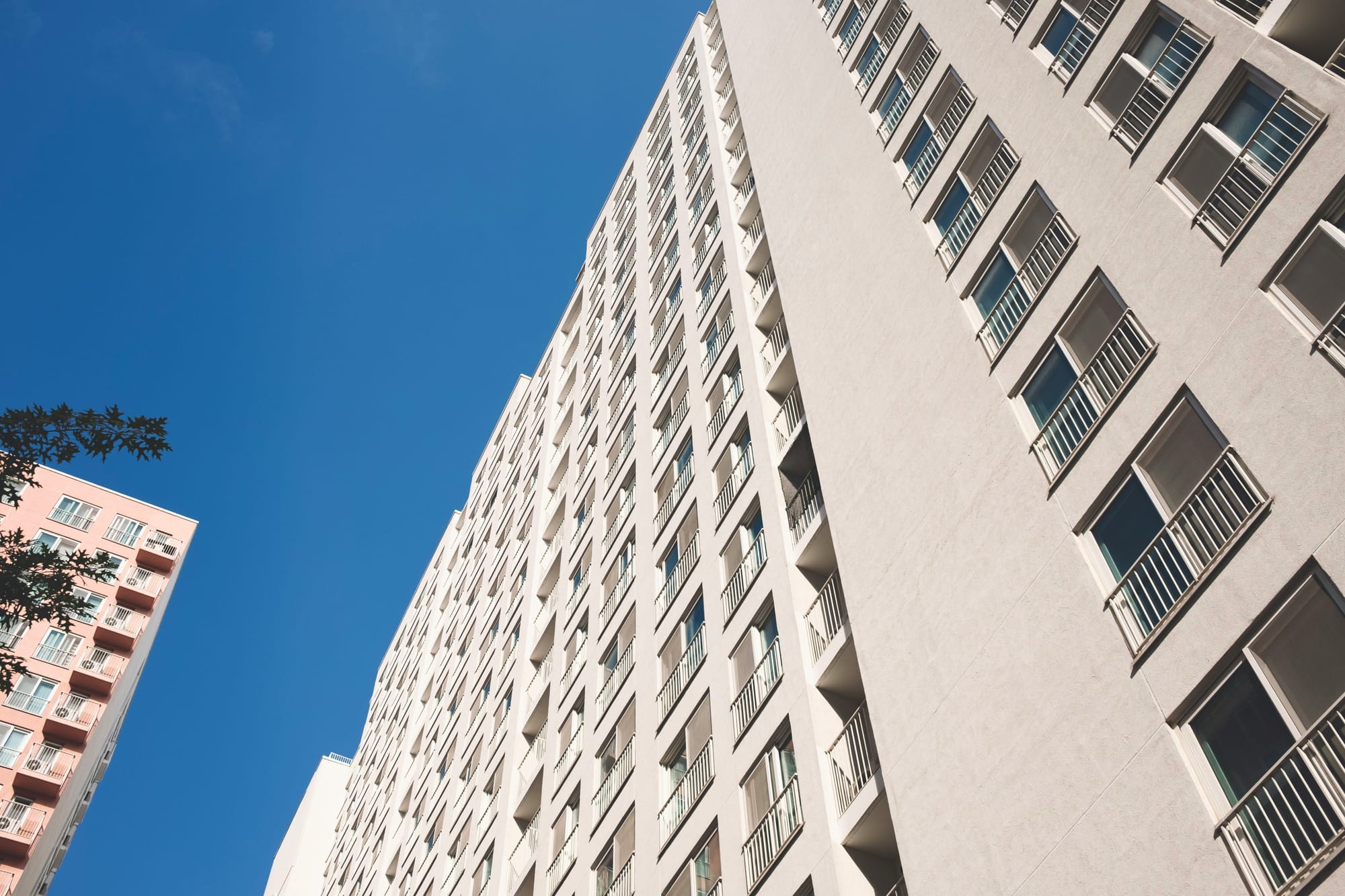Korean Rental Housing Types Guide 2025: Public, Private and Corporate Housing Explained
- Date & Reading time
- · 3 min read
- DDNK

Looking to understand the different types of rental housing available in Korea? This comprehensive guide breaks down Korea's rental housing market into its three main categories: public rental housing, private rental housing, and corporate rental housing.
Why Korea's Rental Housing Market Matters in 2025
Korea has developed one of Asia's most sophisticated rental housing systems, designed to address various housing needs across different income levels and demographics. The market combines government-backed stability with private sector innovation, creating a unique ecosystem of housing options.
Key Market Insight: Korea's rental housing market is divided into three distinct sectors, each serving different population segments and operating under different rules and benefits.
Public Rental Housing
Permanent Rental Housing (영구임대)
Think of this as Korea's most stable and affordable housing option. These properties are:
- Government-operated: Managed by Korea Land & Housing Corporation (LH)
- Ultra-affordable: Only 30% of market rates
- Long-term: Up to 50-year residency periods
- Target residents: Low-income households and vulnerable populations
National Rental Housing (국민임대)
This popular option serves Korea's middle-income residents:
- Mid-range pricing: 60-80% of market rates
- Flexible yet stable: 30-year maximum stay with 2-year renewals
- Wide availability: Found in most major residential areas
- Quality standards: Maintained to government specifications

Happy Housing (행복주택)
Designed specifically for Korea's younger generation:
- Urban locations: Near public transportation and job centers
- Modern amenities: Built to appeal to younger residents
- Affordable deposits: Lower initial costs compared to private rentals
- Target residents: Young professionals, newlyweds, and students
Did You Know? Happy Housing developments often include shared facilities like co-working spaces and community areas, reflecting changing lifestyle preferences among young Koreans.
Purchased Rental Housing
Purchased rental housing provides affordable options for low-income families and those facing urgent housing needs.
- Affordable rates: Around 30% of market prices
- Residency period: Up to 20 years
- Key benefits:
- Government-acquired and professionally managed for quality and stability
- Cost-effective housing in convenient urban locations
Long-term Jeonse Housing
Long-term Jeonse Housing offers a unique, government-backed rental system tailored for middle-income households, providing stability and affordability.
- What is Jeonse? Learn More
Jeonse is a traditional Korean housing system where tenants pay a large deposit instead of monthly rent, which is fully refundable at the end of the lease. - Affordable rates: Deposit set at 80% or less of market prices
- Residency period: Up to 20 years
- Key benefits:
- Stable housing: Ideal for those seeking long-term residence without monthly rent payments
- Open to all: No income restrictions, making it accessible for a wide range of tenants
- Cost savings: Significantly lower deposit compared to private Jeonse arrangements
Private Rental Housing: Market-Driven Solutions
Public-Supported Private Rental Housing
This innovative model combines private operation with public benefits:
- Minimum 8-year rental operations
- Rates set at 85-95% of market price
- Professional management services
- Government incentives for operators
Long-term Private Rental Housing
Focused on stability and quality:
- 10+ year operational commitment
- Controlled annual rent increases (max 5%)
- Enhanced tenant protections
- Professional property management
Market Trend: Private rental housing is increasingly adopting hotel-style amenities and services to attract long-term residents.
Corporate Rental Housing: Korea's Newest Housing Innovation
New Corporate Rental Model
Launched in 2024, this model represents Korea's latest evolution in rental housing:
- Scale: Minimum 100 units per development
- Commitment: 20+ year operational requirements
- Professional management: Hotel-like services and maintenance
- Target: 100,000 units planned by 2035
Industry Update: Global investment firms like Morgan Stanley and KKR have entered Korea's corporate rental housing market, bringing international best practices and professional management standards.
What's Trending in Korea's Rental Housing Market
Tech Integration
Korean rental properties are adopting cutting-edge technology:
- Smart home systems: IoT-enabled devices for energy and security management
- App-based management: Streamlined rent payments and maintenance requests
- Automated maintenance: Faster issue resolution with real-time updates
Professional Management
The industry is moving toward standardized and specialized management:
- Advanced Property Management Systems (PMS): Companies like DNK deliver streamlined operations and enhanced tenant services
- Standardized maintenance: Consistent quality across all properties
- Proactive resident services: Focused on tenant satisfaction and efficient communication
Korea's rental housing market in 2025 emphasizes technology, professional management, and tenant-centric solutions. With innovations like PMS and standardized services, the market is set to deliver greater efficiency and stability for all residents.